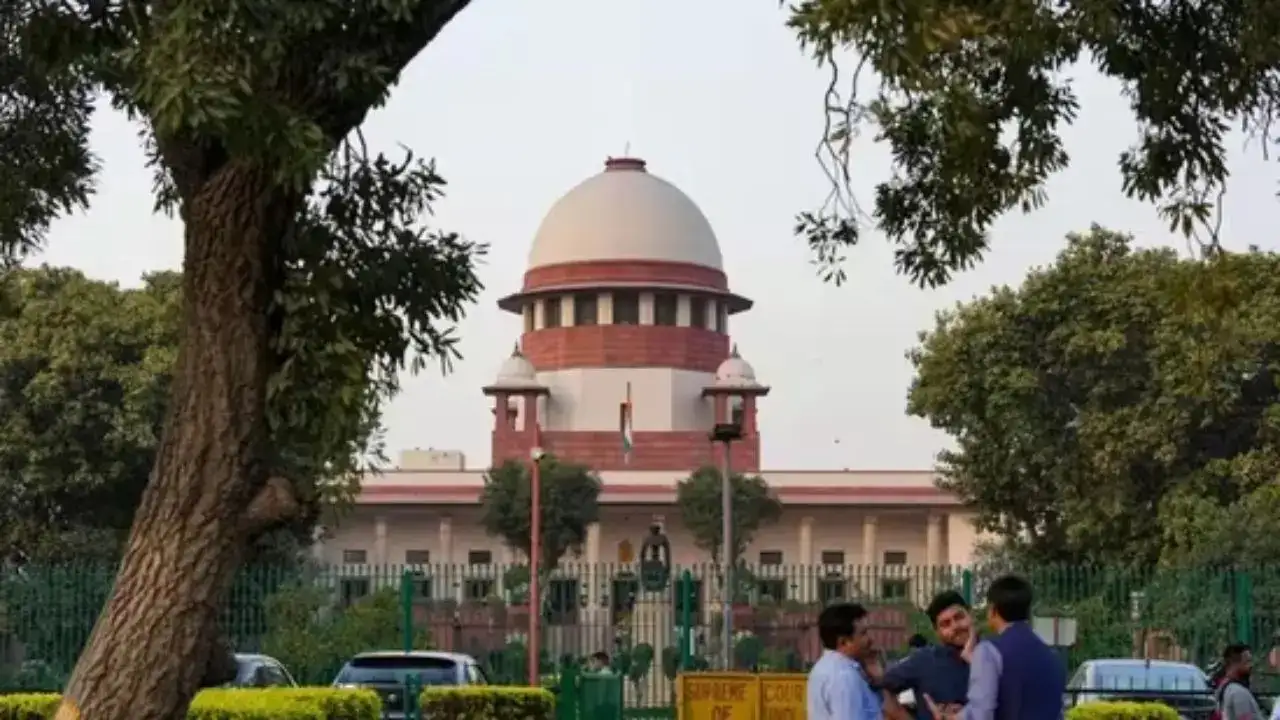By Diana George
Copyright timesnownews

The Supreme Court’s interim order on the Waqf Amendment Act 2025 saw rare convergence between the Centre and the Opposition parties as both sides welcomed the judgment, albeit for different reasons. While Parliamentary Affairs Minister Kiren Rijiju interpreted the SC verdict in the Centre’s favour, stating that the apex court “upheld the decision made in the Parliament,” the Congress said the order was a check on the government’s “attempt to grab land.” Also Read: In SC’s Waqf Order, 3 Key Provisions Under Spotlight – Details Inside The Supreme Court stayed key provisions of the act, including the controversial clause stating that only a practising Muslim of five years can dedicate property as Waqf. Rijiju hailed the order as a triumph for parliamentary authority and democracy. ‘Law Made In Parliament Can’t Be Rejected’ Welcoming the judgement, Rijiju described it as a win for “democracy,” adding that “when any law is made in the Parliament, it cannot be rejected.” He added, “I welcome the order passed by the Supreme Court today after a full hearing on the Waqf Amendment Act. The Supreme Court knows the entire subject. I believe that whatever the Supreme Court bench has decided is a very good sign for our democracy, because when any law is made in the Parliament, it cannot be reject and this is what the Supreme Court has approved today… I am satisfied with the judgment of the Supreme Court, and because it is the highest court of the country, whenever any decision comes from the Supreme Court, it has an impact, and in a way, the decision of the Parliament of India has been upheld. We will see the case of a practising Muslim and what should be included in the rules.” Congress Hails SC’s Stay On Controversial Provisions On the other hand, Congress MP Imran Pratapgarhi viewed the judgement as a check on the government’s “attempt to grab land.” Praising the Supreme Court for staying the “practising Muslim for five years” clause, he said, “This is a really good decision. The Supreme Court has put a complete stop to the conspiracy and intentions of the government. People who donate their land were fearful that the government would attempt to grab their land. This is a relief to them. How will the government decide who has been a practising Muslim for five years? This is a matter of faith. The court took note of all these aspects. We will continue the fight.” Key Provisions Stayed By SC Among the main provisions stayed, the Supreme Court paused the rule that a person must be a practising Muslim for five years before dedicating property as Waqf, citing the lack of rules to fairly determine such status. The bench also restricted the powers of government collectors from unilaterally deciding whether a property qualifies as Waqf, warning that such authority could violate the principle of separation of powers by allowing the executive to determine citizens’ rights. The order also addressed representation in Waqf institutions, limiting non-Muslim members to four of 20 in the Central Waqf Council and three of 11 in State Waqf Boards. While the court did not stay provisions related to the registration of Waqfs or the appointment of board CEOs, it noted that, “as far as possible, efforts should be made to appoint CEOs from the Muslim community.” The Supreme Court clarified that its directions are interim, designed to safeguard property and religious rights until the constitutional validity of the Waqf Amendment Act is examined in full during the final hearing. (With inputs from agencies)



